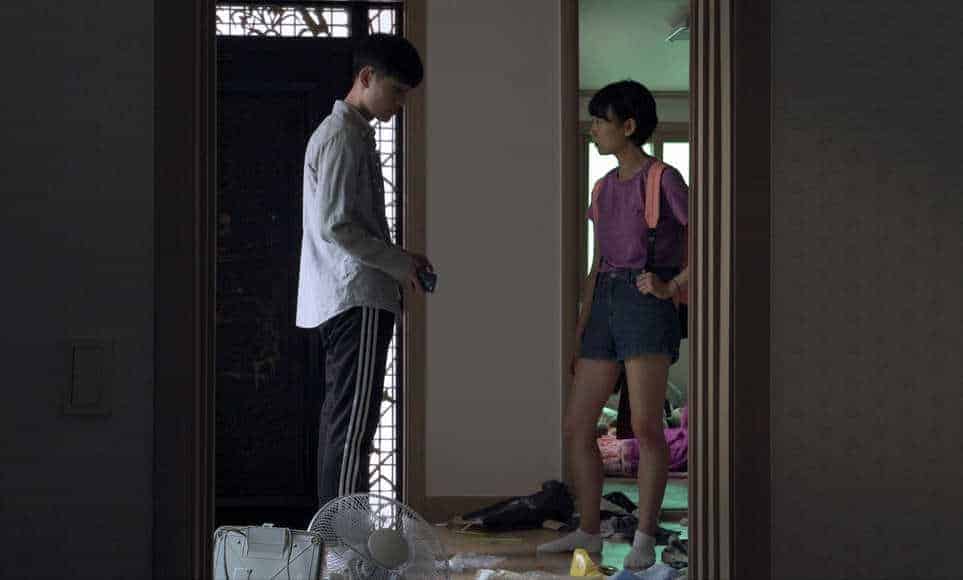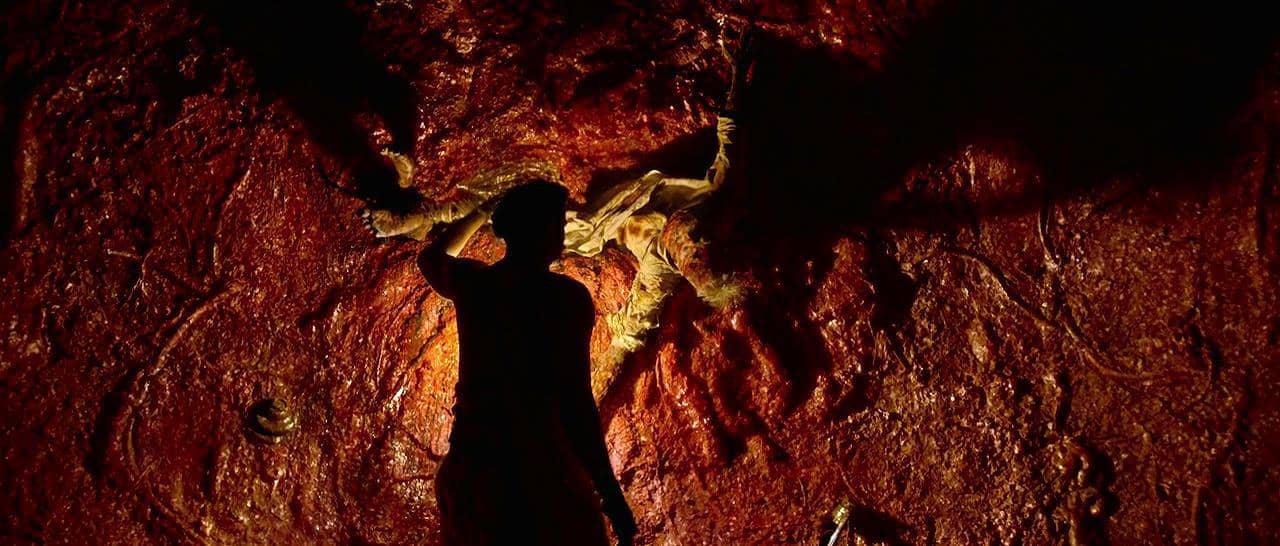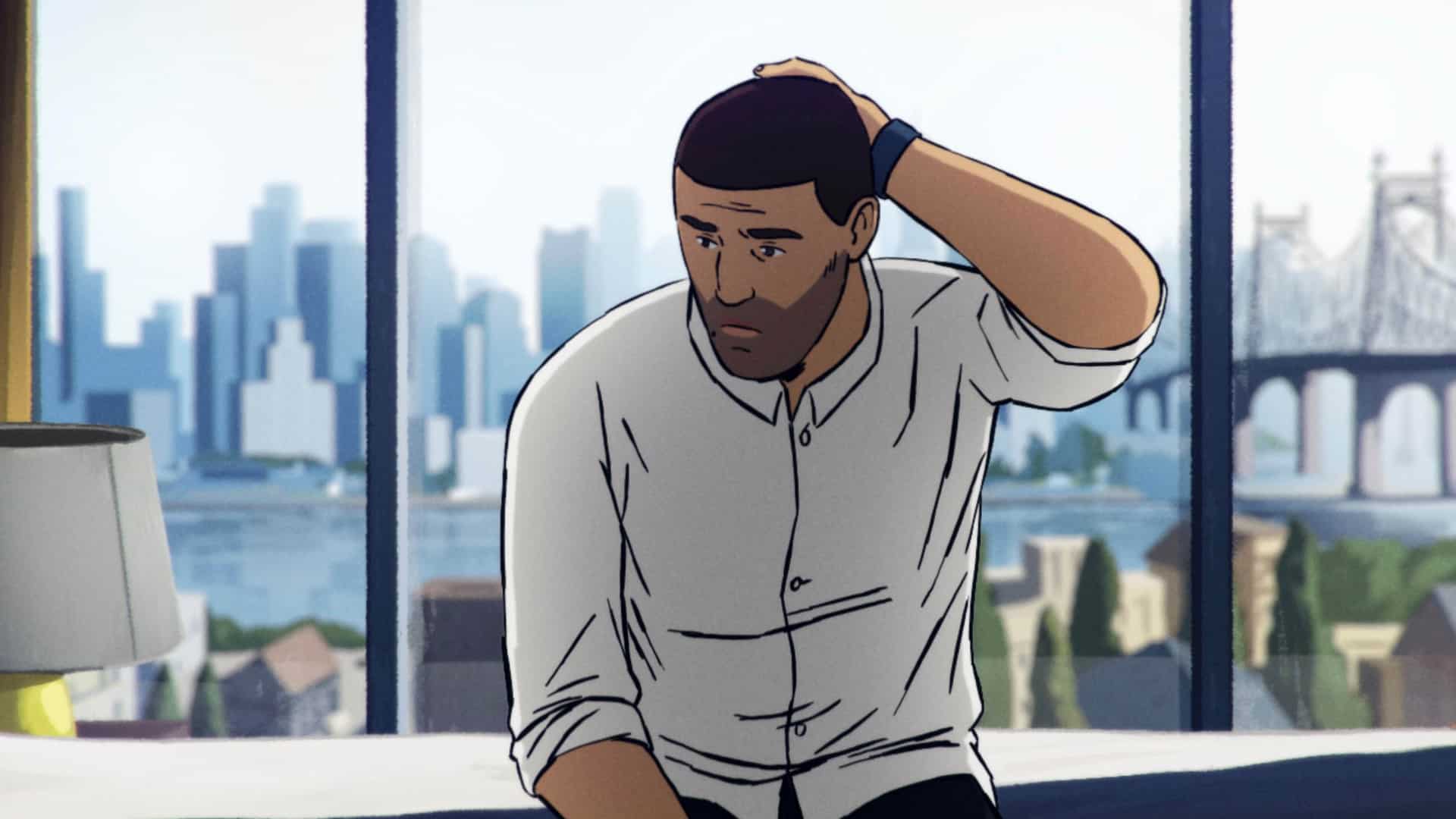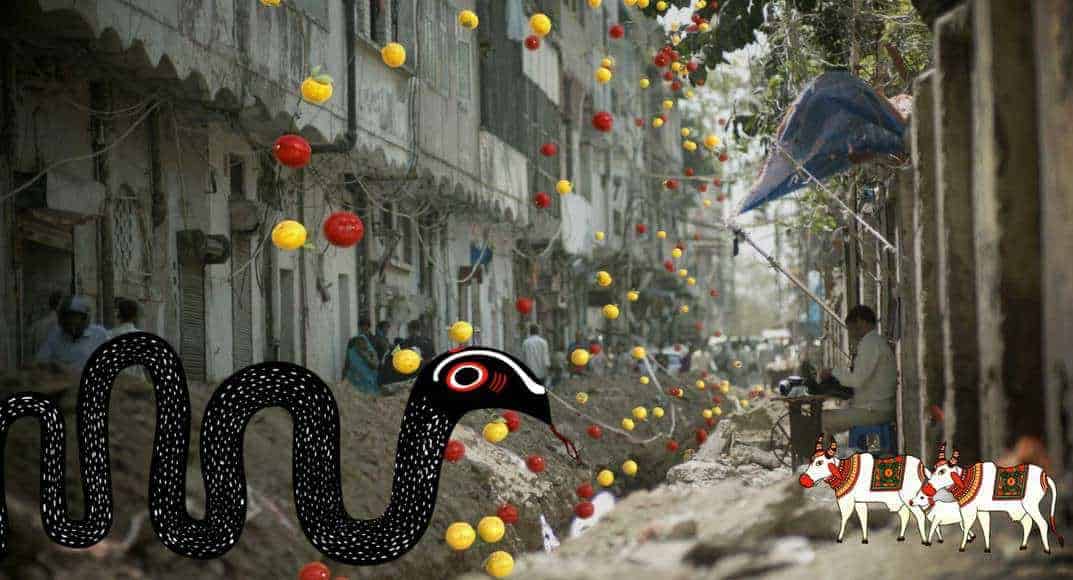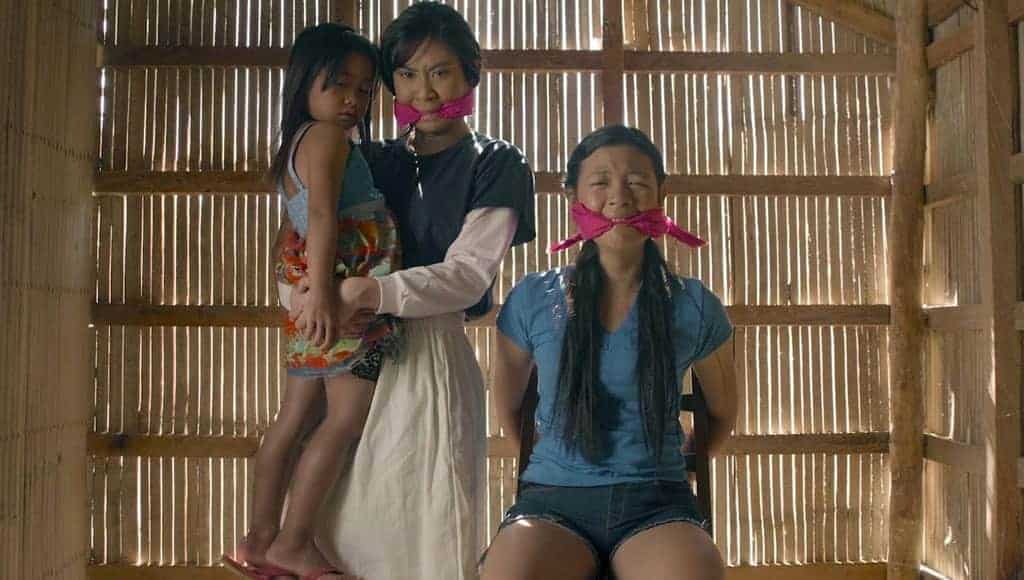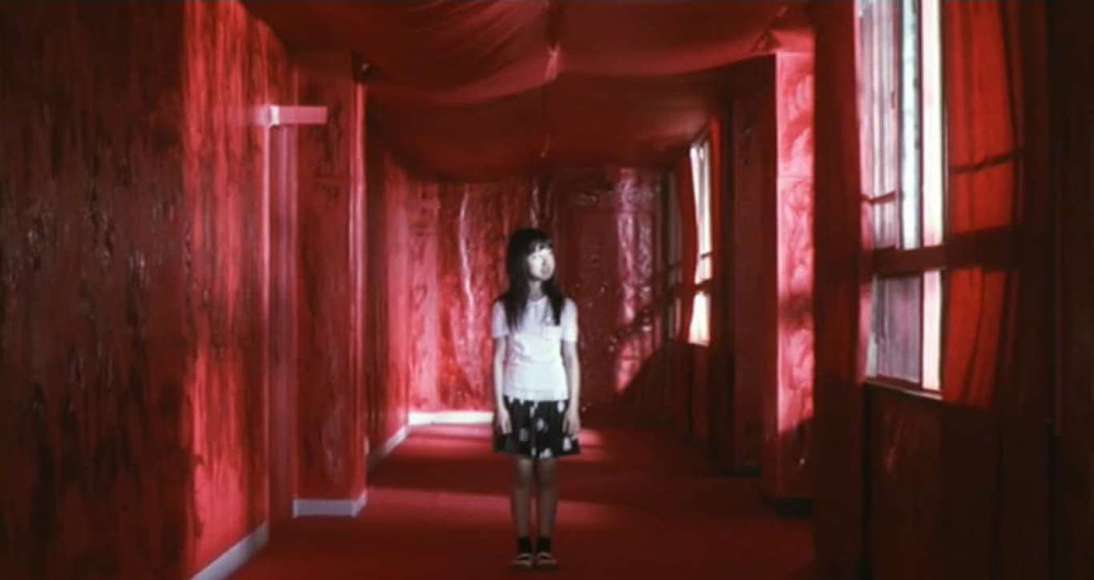A wide variety of emotions that make up human nature are explored while also taking a look at the problems of the young in modern Korean society in Kim Duk-joong's subtle but uncompromising debut, feature film “The Education”. The film premiered in the New Currents section at the Busan International Film Festival earlier this year.
After being injured at her job as a personal assistant to a disabled gentleman, Sung-hee is let go, which puts a dent in her plans to emigrate to Spain. Still in desperate need of cash to fund her visa and trip, she takes up another job as a personal assistant to a severely disabled woman who can barely only move her facial muscles, just enough to eat. The seemingly easy job is made difficult by the woman's teenage son Hyun-mok, who is convinced that Sung-hee is heavily overpaid for her job and is insistent on getting her to do more around the house, which Sung-hee is adamant does not fall under her job profile. Slowly, however, the two begin to form a connection over caring for the woman and the civil exams classes which Sung-hee gives Hyun-mok, in spite of having failed them every time she's sat for them.

The story of “The Education” plays out at a very leisurely, almost realistic pace that could prove frustrating for some. It isn't interested in incidences as it is in human interactions. The slow development of the connection between Sung-hee and Hyun-mok forms the crux of the film and progresses very organically. It also has a very astute understanding and portrayal of the demanding job of a personal assistant to the disabled, the frustrations as well as the stigma such a job carries, with people even closest to the disabled considering the assistant more like a housekeeper or maid rather than an individual that is present to make the life of their family member just a bit easier. Interspersed within the story are comments on the education system in Korea as well as on the living and working condition of the young in the country, a particularly favourite subject in Korean independent cinema, but Kim Duk-joong's script is more focused on human connections to delve too deep into them.
The two lead characters are particularly interesting aspects of the film. Both Sung-hee and Hyun-mok are not very likeable characters. They're both pretty selfish, quite rude and want to get by while doing the least effort that they possibly can. While it is slightly understandable with the younger Hyun-mok, who is expected to juggle his studies, a meagre job and taking care of his disabled mother, this only goes to make Sung-hee a more intriguing and hard-to-read character. Burdened by a low-paying, unsteady and thankless job, she has begun to loathe Korean society to the point of wanting to run way to faraway Spain with no wish to return. Even warming up to Hyun-mok who changes his stance on her duties for her benefit seems like quite the effort to her, which makes the gradual progression to the climactic scene quite an authentic journey.

Helping it in its authenticity are the two central performances from Moon Hye-in and Kim Joon-hyung. Though Moon Hye-in has one feature film acting credit to her name prior to this, she soars in her first leading role as Sung-hee, whose every raw emotion is acted out with a wonderful maturity from an actress so young. In his debut film, Kim Joon-hyung stands his ground strong too as the meek, easily overwhelmed Hyun-mok who grows a genuine fondness for the only person he seems to be able to form a connection and be friendly with. It is, then, no wonder that the pair were rightly awarded the best actress and actor awards for their respective roles in the film at the Busan International Film Festival. Their conversations are among the film's strongest and most natural scenes, which are further helped in their realism by the mostly long-take cinematography which doesn't seem to want to cut until the characters are done talking or till a particular scene ends, and the complete lack of music throughout the film.
“The Education” is by no means a mainstream film, nor does it attempt to be, and the mystery of its title doesn't fade even as the end credits roll by. Is the education of the characters or the audience themselves is a mystery for each viewer to solve, but one that only the more patient viewers will get the joy out of.


